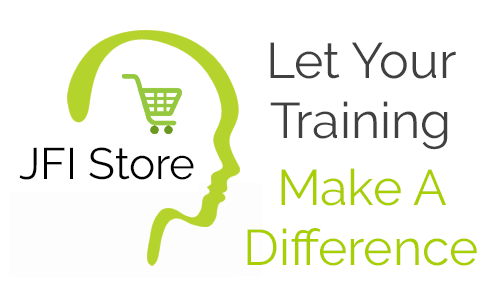In my role as an educator working on Post Graduate Masters courses here in the UK and abroad, I often see iGen students (aka Gen Z: born 1996 to 2009) in their early 20’s in my classes from around the world. Many have grown up with education systems similar to what is being highlighted by the angry students in Hungary today. Education that is based upon blind memorisation of facts and repetition simply perpetuates same old practices, doesn’t improve anything nor does it help to change things. Watching the news today, brings to mind an often cited phrase:
“if you do what you’ve always done, you get what you’ve always got?”
Many people attribute this quote to Albert Einstein, Jessie Potter (an educator and family counsellor), Henry Ford, Tony Robbins and even Mark Twain. Regardless of the origin, what matters is the point it makes. If you want to change the end result, you need to change the way you do things.
Rote-learning used as the backbone of education systems around the world, still does have some value in part, however, on its own can present problems for students who want to go on to higher education, especially those who come to the UK to study for their Post Graduate degrees. Alongside the inevitable culture shock they face re-locating and studying away from home, international students also have to adapt to quite different UK teaching styles which often involve (as in my classes) involving students in the learning process and encouraging them to apply critical thinking and creative approaches to case studies and research topics. Some can find this hard to do, preferring to repeat verbatim what has been taught in class or simply sourcing ideas by ‘Google-ing It’ for quick ‘hacks’ to meet a growing desire for speed over deeper understanding.
Finding this difficult to do in an educational setting is one thing, but then how much harder it will be when entering the workplace, where effective and creative solutions are wanted faster than ever before.
I applaud the students marching in Hungary today to raise this issue ~ keep up the good work bringing this to the fore.
Until next time ~ happy learning!
Józefa Fawcett
Professional Trainer, Learning Consultant & HR Excellence Assessor



I have often been asked what I feel the biggest issues are that a foreign student studying abroad experiences. Studying and writing in academic English seems to be the expected answer. However, even though the language issue plays a crucial role, the experiences in the domestic education system plays a bigger part in how easy/difficult it is to succeed. Indeed, if there is a discrepancy between the past and new university system, the student will experience a significant negative impact. In UK, critical thinking is the most important aspect of assessment, in which learning by heart is considered absolutely irrelevant. The ability to argue, analyse, and criticize theories, models, and strategic decisions through academic essays, literature reviews, case studies, business report and exams is the expectation that university module leaders have. Since I started my Master’s Degree in Human Resource Management, I have been constantly challenged, and I consider my mind to be pushed and re-shaped. One year ago I started on this path and I can say I am truly satisfied with the education I have been provided, and I am so glad to have had the chance to study in UK.